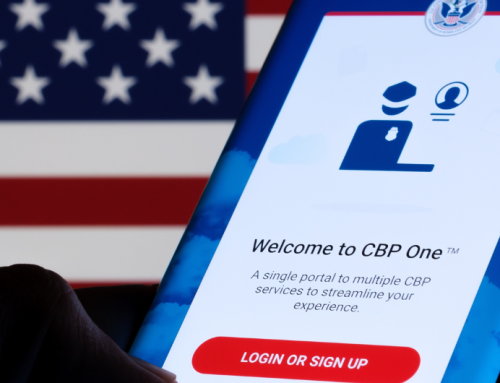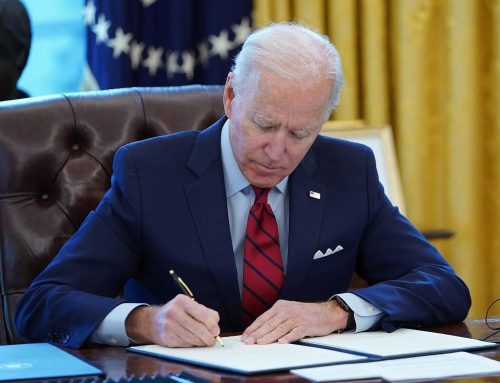E-2 for Convenience Store Investor
On February 27, 2013, I.S. Law Firm secured approval of E-2 status for an investor in a convenience store business.
In securing approval of the petition, we overcame the request for evidence asking for a variety of documents, mostly to prove legal source of funds.
One of the requirements for E-2 status is that the funds that are being invested into the U.S. business must have been legally obtained. For this reason, it is very important to show, in detail, how the beneficiary obtained the funds. The beneficiary is often required to provide certified copies of bank checks or certified transaction records to show the source of funds and to prove that the funds were indeed invested into the business. If the funds were obtained from overseas, it is important to provide full documentation of the source of funds, the evidence that the funds were wired to the United States, and confirmation that the funds have been invested into the business.
E-2 status is valid for 2 years, with a possibility to renew indefinitely in two-year intervals for as long as the business exists. Every renewal application for E-2 status must be filed before expiration of the current E-2 status and contain full documentation of continued existence of the business.
E-2 investors can travel in and out of the United States. E-2 status also allows for dependents such as spouse and children. Dependents in derivative E-2 status can work in the United States and travel outside of the United States.
Other important requirements to obtain E-2 status are as follows:
1. The investor must be a citizen of the treaty county.
2. The investor must have possession and control of the funds invested. The source of the funds does not need to be outside the U.S., i.e. it can be a gift from someone in the U.S.
3. The investment must be at risk. This means that just putting the money in the bank account does not qualify as investment. It must involve some enterprise, something that can be at risk, i.e. a business that can be closed if things do not go that well.
4. The investment must be committed. This means that one cannot just show money in the bank account and claim investment. The money must be either spent for the business, or there must be contracts with customers or vendors showing commitment.
5. The business must be a bona fide commercial undertaking. This means that we need to show that the business is not created solely for immigration purposes. This requirement is satisfied with showing that the actual business is being undertaken, office is leased, entity is formed, business plan exists, contracts are made, etc.
6. The investment must be substantial. There is no special figure. This amount may vary depending on the type of the business.
7. Investment must not be marginal. This means that the investor must have bigger plans, i.e. the business is not only to earn living, but to expand and grow. This is done by preparing a business plan, and showing the evidence that the business will continue growing.
8. Finally, the investor must have ability to develop and direct the business. This is proven by showing evidence of the investor’s prior experience, education and skills relevant to managing the intended business.
PLEASE NOTE THAT CASE RESULTS DEPEND UPON A VARIETY OF FACTORS UNIQUE TO EACH CASE. CASE RESULTS DESCRIBED BELOW DO NOT GUARANTEE OR PREDICT A SIMILAR RESULT IN ANY FUTURE CASE UNDERTAKEN BY I.S. LAW FIRM, PLLC.
I.S. Law Firm provides services from the beginning of the process to the final point. We can establish a business entity, negotiate agreements, draft contracts, and handle entire immigration process for the investor and the family. For more information about our services or for a consultation, please call +1-703-527-1779 or email us at [email protected].





